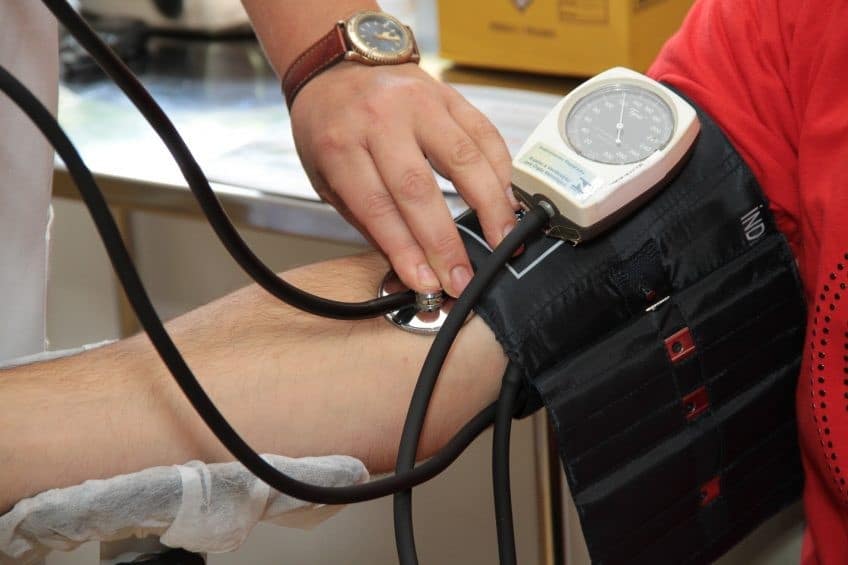Medical Malpractice Waiver Held Unenforceable By Florida 4th DCA
Medical MalpracticeIn Brooks v. Paul (Case No. 4D16-2538)(June 7, 2017), the Fourth DCA of Florida held that a medical malpractice waiver (pre-injury release of liability) was not enforceable.
Facts Of The Case
The plaintiff, Myra L. Brooks sued her neurosurgeon, Dr. Michael D. Paul, after her ureter was severed during a spinal fusion surgery. Prior to surgery, Ms. Brooks was asked to sign a medical malpractice waiver and she did so.
The agreement stated that the neurosurgery practice did not carry any medical malpractice insurance, contained an agreement not to sue the doctor for any reason, and a statement that the reason for giving up the right to sue is that the doctor will do their very best to take care of the patient according to “community medical standards.”
The Fourth DCA held that this agreement was vague and ambiguous and, therefore, could not be enforced. The trial judge had found such language “completely unambiguous” and had granted summary judgment for the doctor.
Rule Of Law Regarding Exculpatory Agreements In Florida
In Florida, an “exculpatory” agreement or clause operates to deny a person who has been injured the right to sue and recover damages for their injury. These “exculpatory” clauses are therefore disfavored in the law because “they relieve one party of the obligation to use due care and shift the risk of injury to the party who is probably least equipped to take the necessary precautions to avoid injury and bear the risk of loss.”
This is why exculpatory clauses are “strictly construed” against the party seeking to be discharged of legal liability by the agreement. These agreements are usually only enforceable when the intention to discharge legal duties is clearly made without doubt as to its understanding. In other words, the party signing the agreement should know exactly what they are contracting away.
What Is Wrong With The Agreement?
In the middle of the agreement, it clearly says that the person signing the agreement is giving up their right to sue for any reason. What could be clearer than that?
The problem with this language is two-fold. First, the words “for any reason” are broad. They are so broad that they do not effectively communicate that the “release” is a release of “liability for negligence” (aka medical malpractice). Thus, an effective medical malpractice waiver might say that the person signing the agreement agrees not to sue the doctor for any reason, INCLUDING medical malpractice or medical negligence. That language should make it clear that there is a clear intention to waive any right to bring a medical malpractice claim in Florida.
Secondly, the other glaring problem with the agreement sought by Dr. Paul in this case was that he essentially promised to comply with the professional standard of care in the next sentence. While in a vacuum it might seem that this statement is merely aspirational, the context of it in a pre-operative medical malpractice waiver is that it raises doubt as to whether the doctor is going to actually abide by the generally accepted standard of care (or “community medical standards”).
From this discussion in the 4th DCA’s opinion, it is obvious that the appellate courts do not take the waiver of medical malpractice claims lightly. Unlike contracts for cutting grass or repairing a dishwasher where any damage done can be fixed, entering into a contract to waive your right to sue for medical malpractice is serious business.
Immunity For Medical Malpractice
The 4th DCA is to be applauded for their position in this opinion for protecting the public from doctors who wish to have their patients agree to immunity before they go under the knife. It should be very hard to come up with a valid medical malpractice waiver because doctors are supposed to go over the risks of the procedure with the patients before the procedure (there is no legal liability for a bad outcome that is a risk of the procedure).
If the doctors are doing what they are supposed to be doing before surgery (by properly advising their patients of the risks of the procedures and properly selecting candidates for surgeries in the first place, then the risk of complications should be lower and bad outcomes would be the fact that medicine is not a perfect science.
Instead, medicine is and always has been a business where the purpose is making money. Medical malpractice lawsuits serve a public purpose of holding doctors accountable for the decisions that they make while treating patients. A healthcare system with no legal liability is a healthcare system that none of us should want to get treatment in because there is no accountability. Accountability equals quality.
Contact A Medical Malpractice Lawyer
If you think that you might have a medical malpractice case, you should contact a medical malpractice attorney for a discussion of what happened and whether an attorney thinks that you have a case. A consultation by phone or in person about whether you have a case is free. If we think that you have a valid case, then we only get paid if a settlement or judgment is reached on your behalf.
Call today to schedule your free case review.


